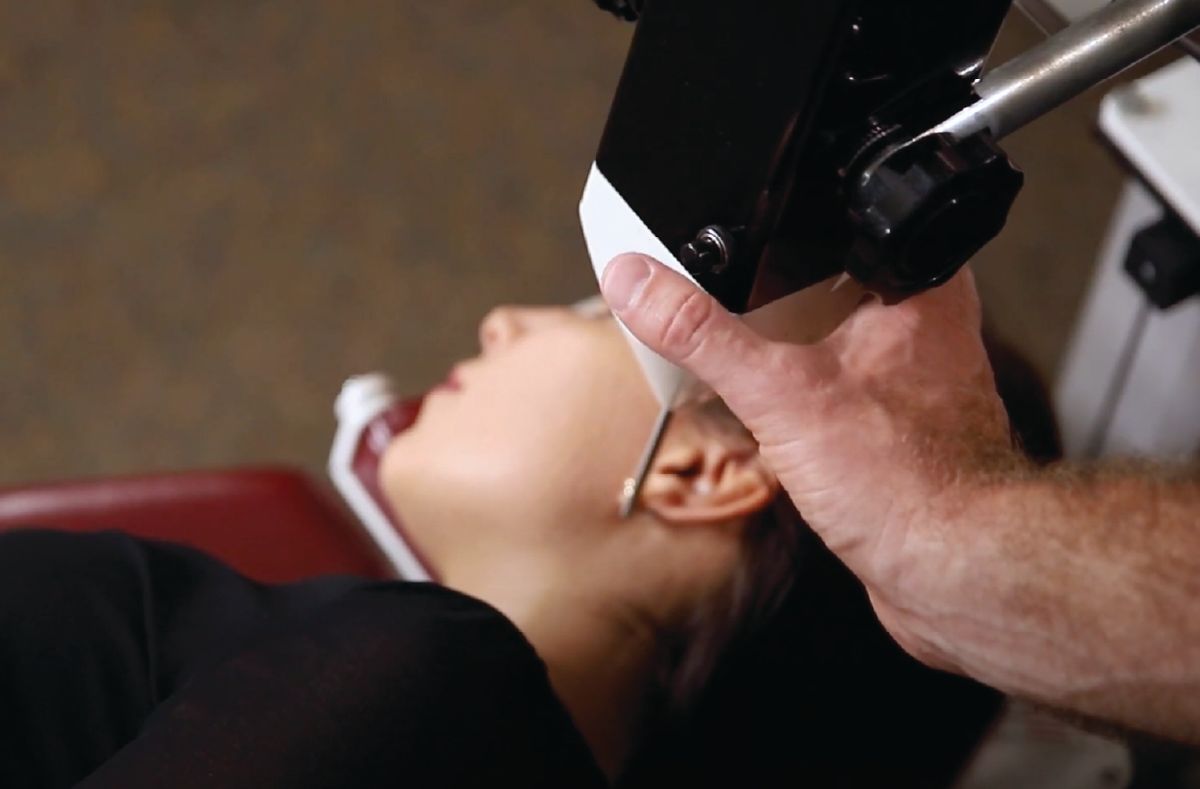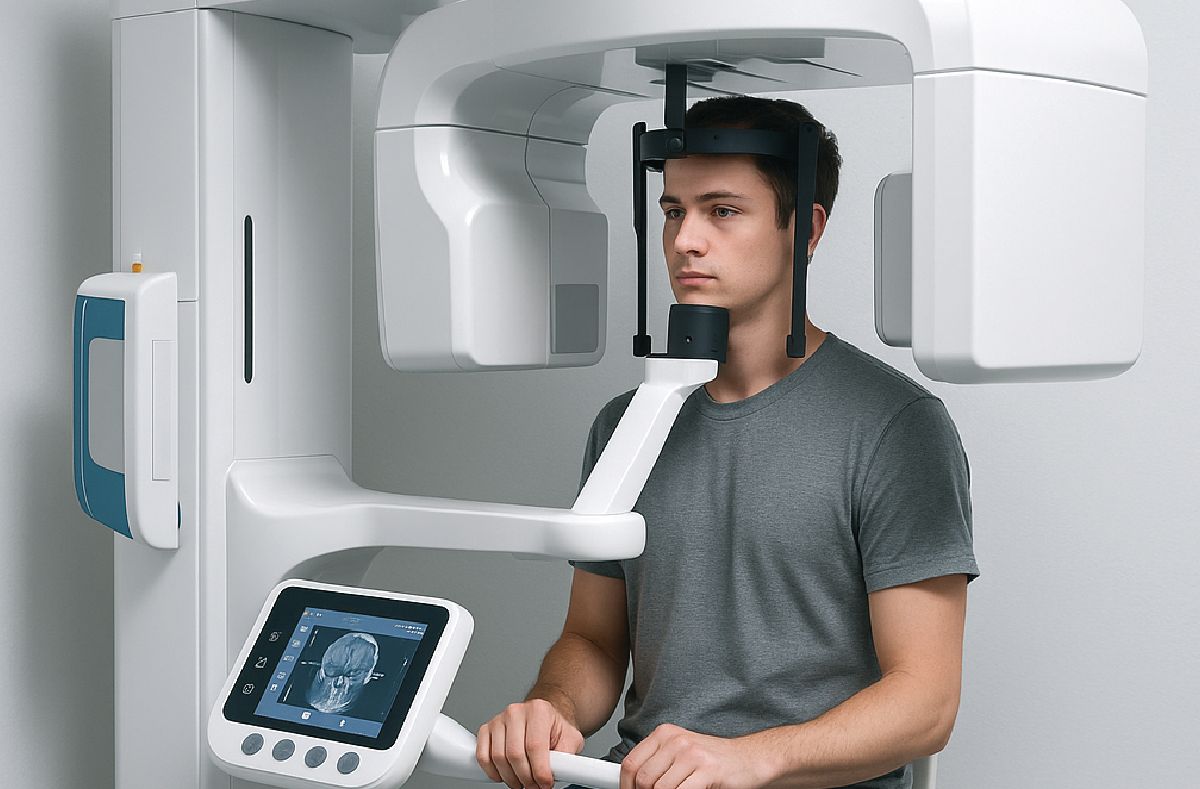Your Baby's Brain on Rest

Why does sleep matter so much for your little one?
Sleep does incredible work: it helps your baby’s body repair itself, process new skills, and maintain internal balance—a process called homeostasis. Homeostasis refers to the body's ability to keep internal functions like temperature, heart rate, and chemical balance stable, even when the environment changes. For newborns, this balance is essential for healthy brain and body development.
How Much Sleep Does a Newborn Need?
Newborns typically sleep 16–18 hours per day and cycle between two main sleep stages:
REM sleep (Rapid Eye Movement)
– A lighter, active sleep stage where the brain processes motor skills and forms memories.
NREM sleep (Non-REM) – A deeper, restorative stage that repairs cells and clears brain waste via the glymphatic system—a network of brain channels that flushes out toxins during sleep.
Unlike adults—who spend about 20–25% of sleep in REM—newborns spend around 50% of their total sleep time in REM, and they start sleep in this stage, rather than NREM.
How Long Are Infant Sleep Cycles?
Infant sleep cycles (the alternation between REM and NREM) last approximately 47–50 minutes—much shorter than the 90-minute cycles typical in adults.
Why Does This Matter for Brain Growth?
- REM sleep offers a kind of "motor skill rehearsal" for the nervous system, aiding memory integration.
- NREM sleep acts like a detox, facilitating tissue repair and neurological recovery.
Studies indicate that early patterns of NREM (quiet sleep) correlate with later social-emotional skill development, while REM (active sleep) supports brain reorganization after learning new physical skills.
Supporting Better Sleep at Home
Here are simple, nurturing steps you can take to help your baby sleep soundly:
- Create a calming bedtime routine
– Consistency (like a warm bath, gentle feeding, reading time, and soft lullaby) signals to your baby's body that it’s time to rest.
- Maintain a peaceful sleep environment – Keep the room comfortably cool, minimal light, and quiet to reduce disruption. A sound machine close to the door can help limit sound entering the room from the busier areas of the house.
- Encourage daytime movement – Activities like supervised tummy time, high-contrast books, and sunlight exposure can support better sleep later.
- Watch for early sleep cues – Yawning or turning away are signs your baby is ready to sleep; act before overtiredness sets in to make settling easier.
If these strategies aren’t helping, it might indicate your child’s nervous system is struggling to self-regulate. In such cases, a local upper cervical or pediatric chiropractor may help gently improve the brain-body connection—supporting your child’s ability to achieve deeper, more restorative sleep.
Key Takeaways
- Newborns sleep 16–18 hours a day and dedicate about half that time to REM sleep.
- Their sleep cycles are short—about 47–50 minutes—leading to frequent stage transitions.
- Quality REM and NREM sleep support memory, growth, and neural repair.
- At-home sleep routines can help—but if struggles persist, consider chiropractic support.
Related Reading
- On the development of sleep states in the first weeks of life. PLOS ONE. 2018.
- American Academy of Pediatrics. Sleep Disorders in Childhood. Pediatrics in Review. 2025;44(4):189–190.
- Iglowstein I, Jenni OG, Molinari L, Largo RH. Sleep Duration From Infancy to Adolescence: Reference Values and Generational Trends. Pediatrics. 2003;111(2):302–307.
- Boylan K, et al. The Architecture of Early Childhood Sleep Over the First Two Years: A Systematic Review. Maternal and Child Health Journal. 2022;26(10):1510–1521.
More Articles













